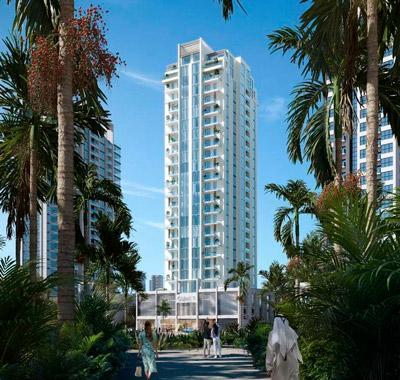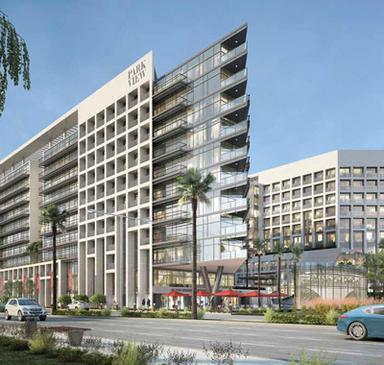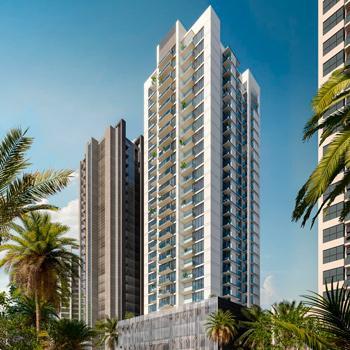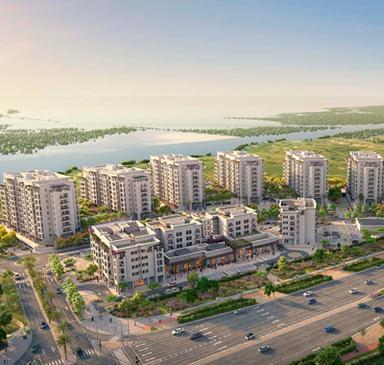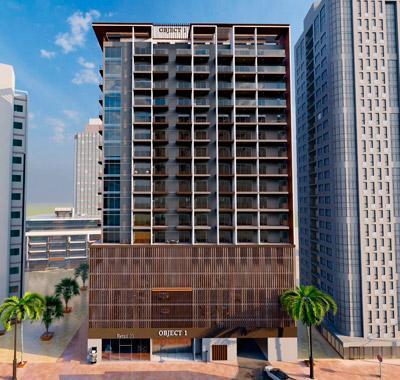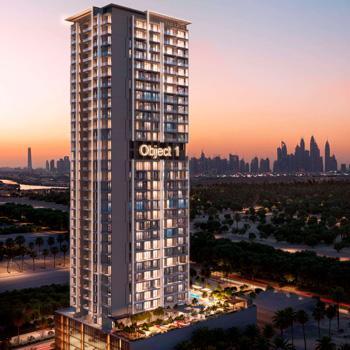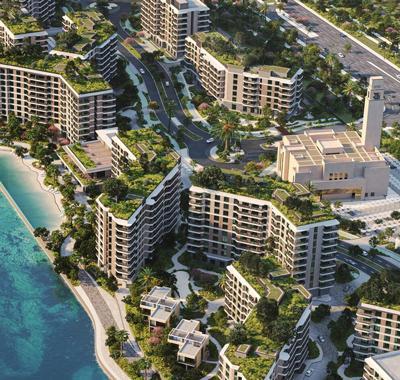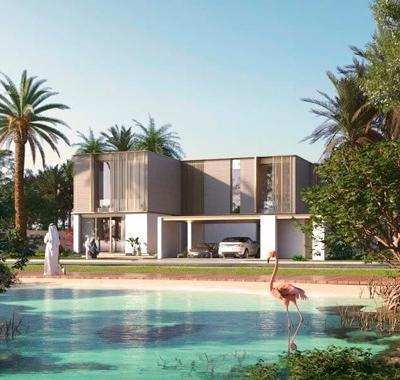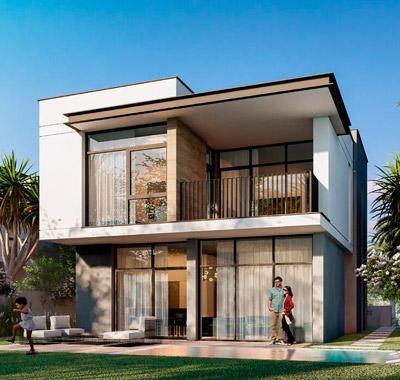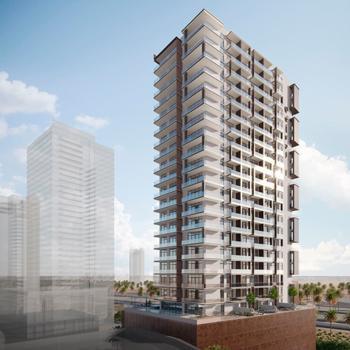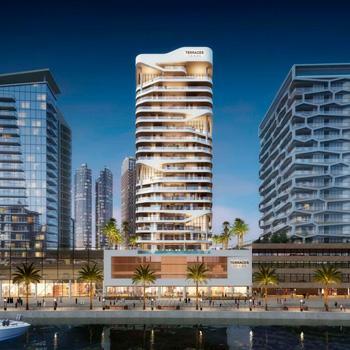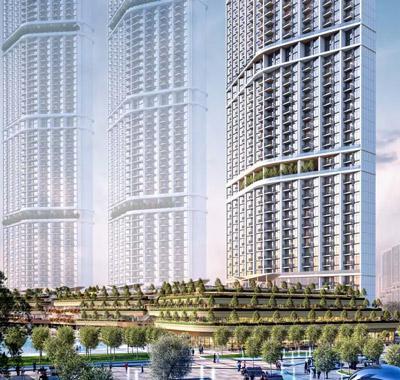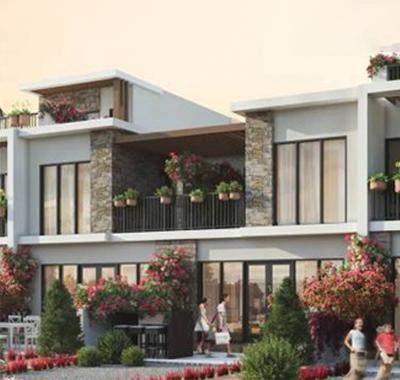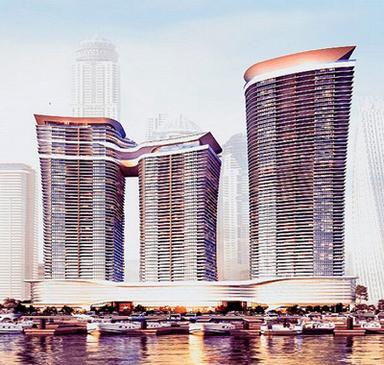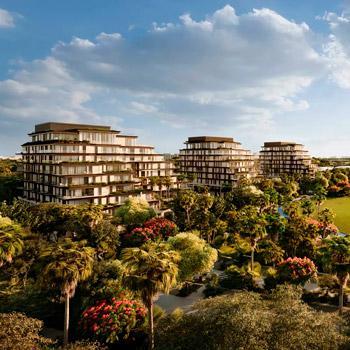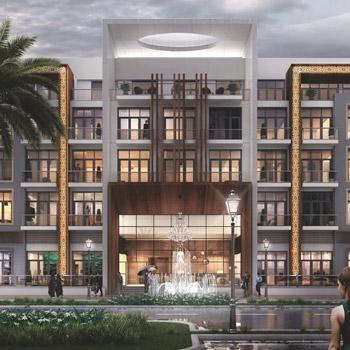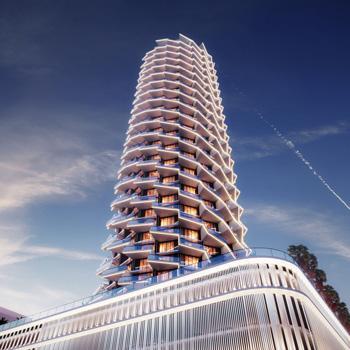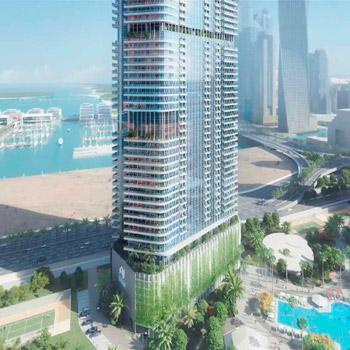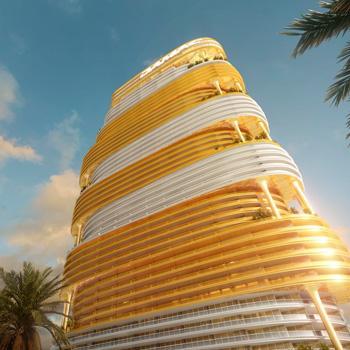


How many Arabs are in the Emirates
The United Arab Emirates (UAE) controls the southeastern part of the Arabian Peninsula, south of places like Bahrain and Qatar.
In total, the country covers 82,820 square kilometers and is bordered to the north by the Persian Gulf and Iran, to the east by Oman, and to the south and west by Saudi Arabia. The UAE separates Oman from the Musandam Peninsula and stretches for 90 kilometers along the Gulf of Oman, an area known as the Al Batina Coast. The UAE is slightly smaller than the US state of Maine. Those visitors to the country who are interested in buying and selling apartments in the UAE should know not only about the geographical features and location, but also about the demographic aspect of the issue.
Population
The population of the UAE is between 2.8 and 3 million people. In order to comprehensively understand how many people live in the United Arab Emirates, it is worth saying that approximately 85% prefer to live in cities located on the coast of the Persian Gulf. Cities in the UAE tend to be ethnically heterogeneous. There are more men in big cities, while there are more women in rural areas.
The 3 largest emirates - Abu Dhabi, Dubai and Sharjah are the most densely populated, since here the most inhabitants are in the United Arab Emirates, the concentration is 84.3%. The remaining 15% of people are dispersed throughout other emirates. Approximately 80 percent of the population is made up of expatriate citizens and almost 63 percent of the population is male. Almost 96 percent of the Emirates are Muslim. South Asians, mostly Indians and Pakistanis, make up 50 percent of the population. The next largest ethnic groups of expatriates are Iranians 2.5%, looking for an answer to the question of how many Arabs are in the emirates, it is worth saying that they are here 13% and Westerners 1%.
Population growth
By all accounts, the population is growing very rapidly. According to the UAE Central Bank, the population of the UAE grew by 5.5% between 1993 and 1997. The UAE government expects Dubai's population to double in ten years. Therefore, the Dubai real estate agency is working daily to serve clients and give home keys to newcomers.
The World Bank projected a 37 percent population growth, but with 30 percent of the current population under the age of 15, this still represents an important demographic shift. On the contrary, the United Nations expects the population of the UAE to double by 2029. The main reasons for this rapid population growth are the federation's booming economy and the government's encouragement of UAE citizens to have large families. The UAE government provides significant financial incentives for UAE citizens to marry each other and raise large families. The UAE authorities hope this will help balance the country's population, which is overwhelmingly made up of expatriates.
Request a call
Top projects









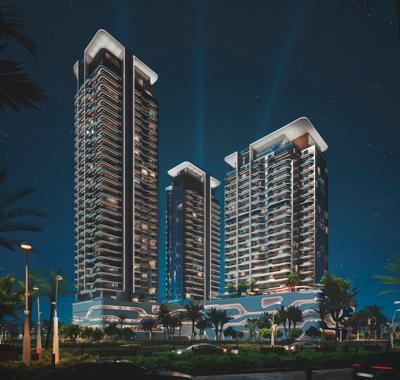
 Jumeirah Village Circle (JVC)
Jumeirah Village Circle (JVC)